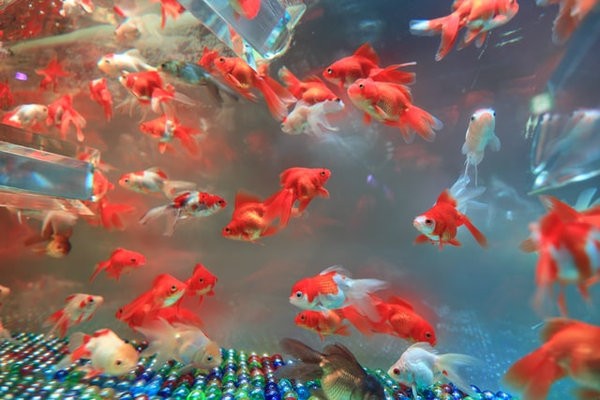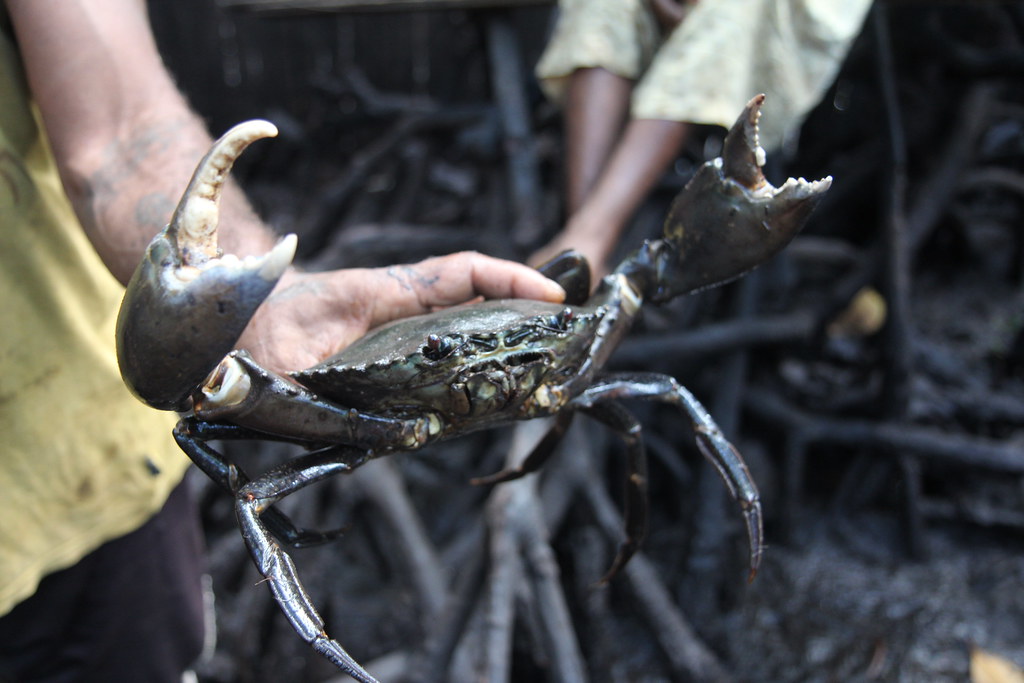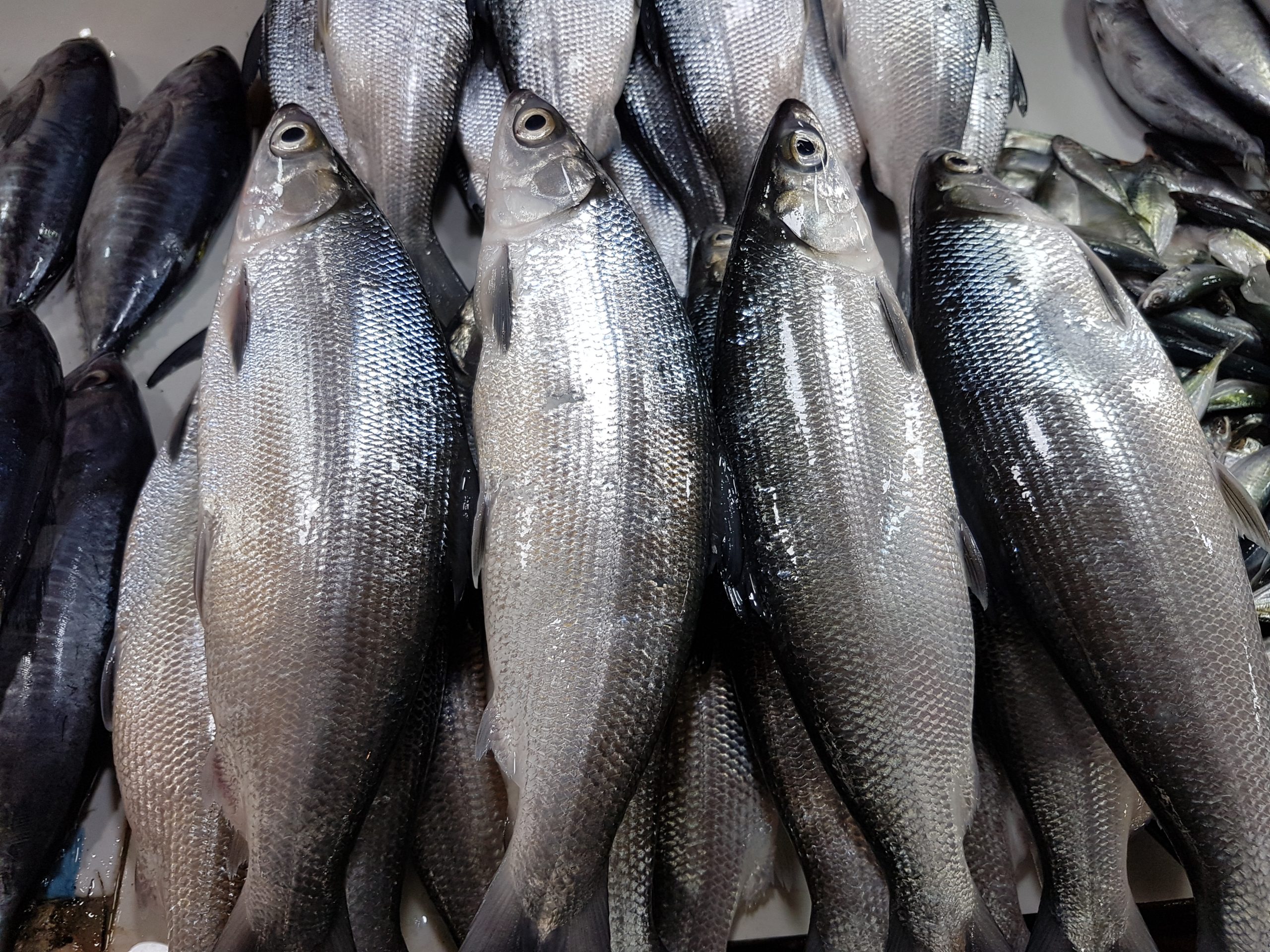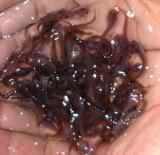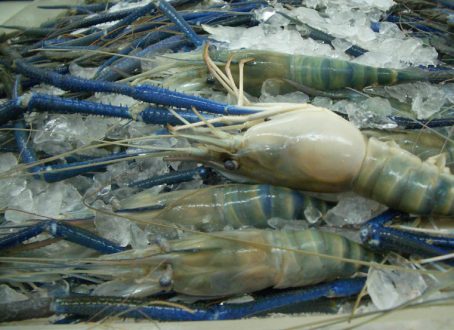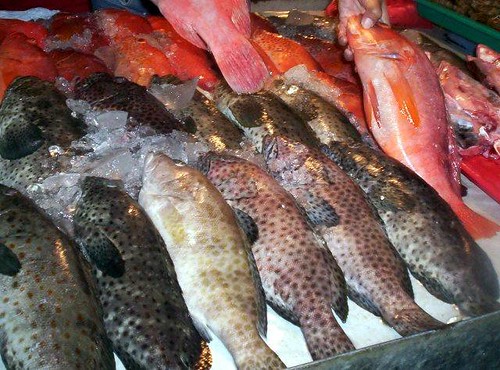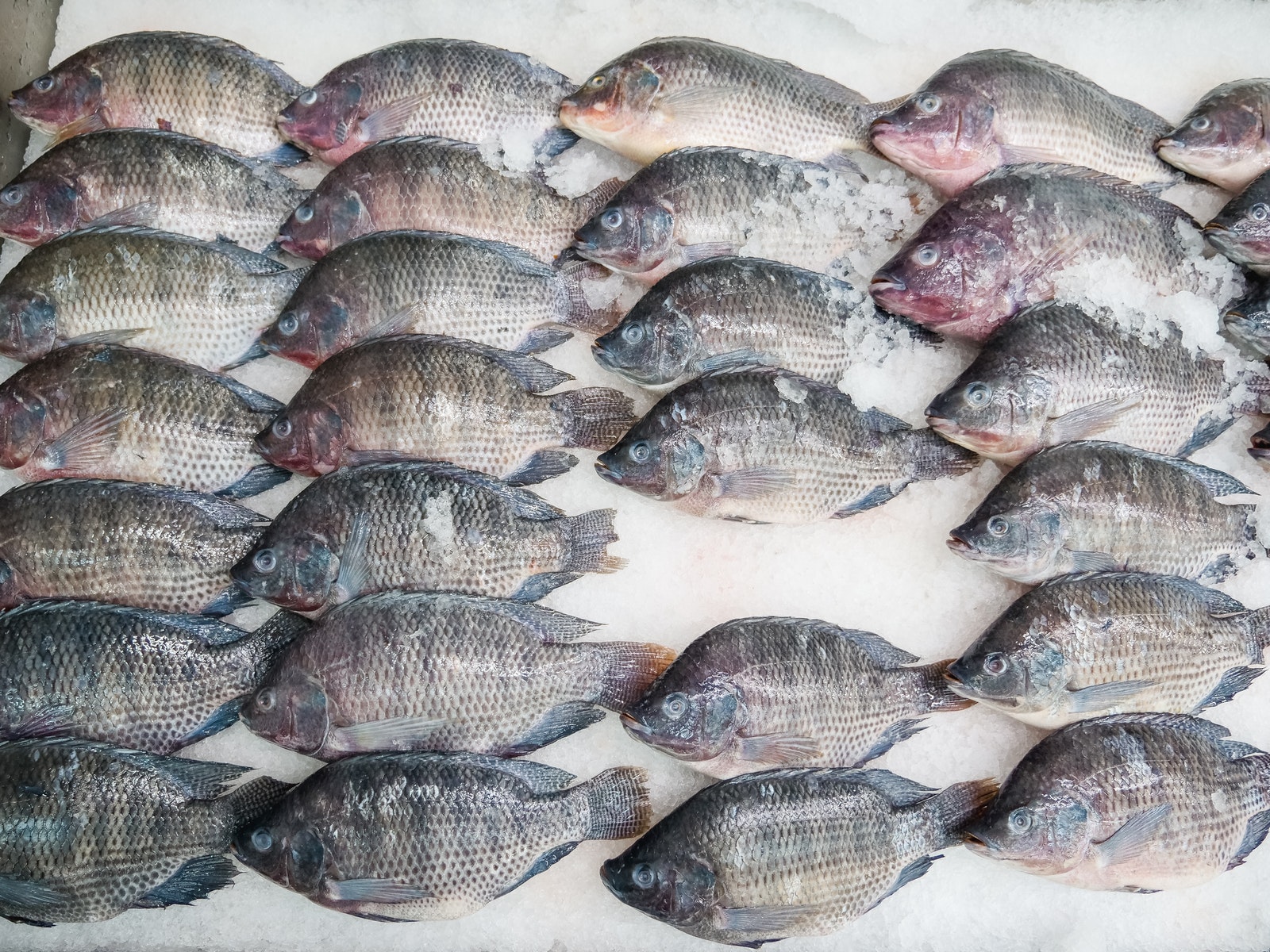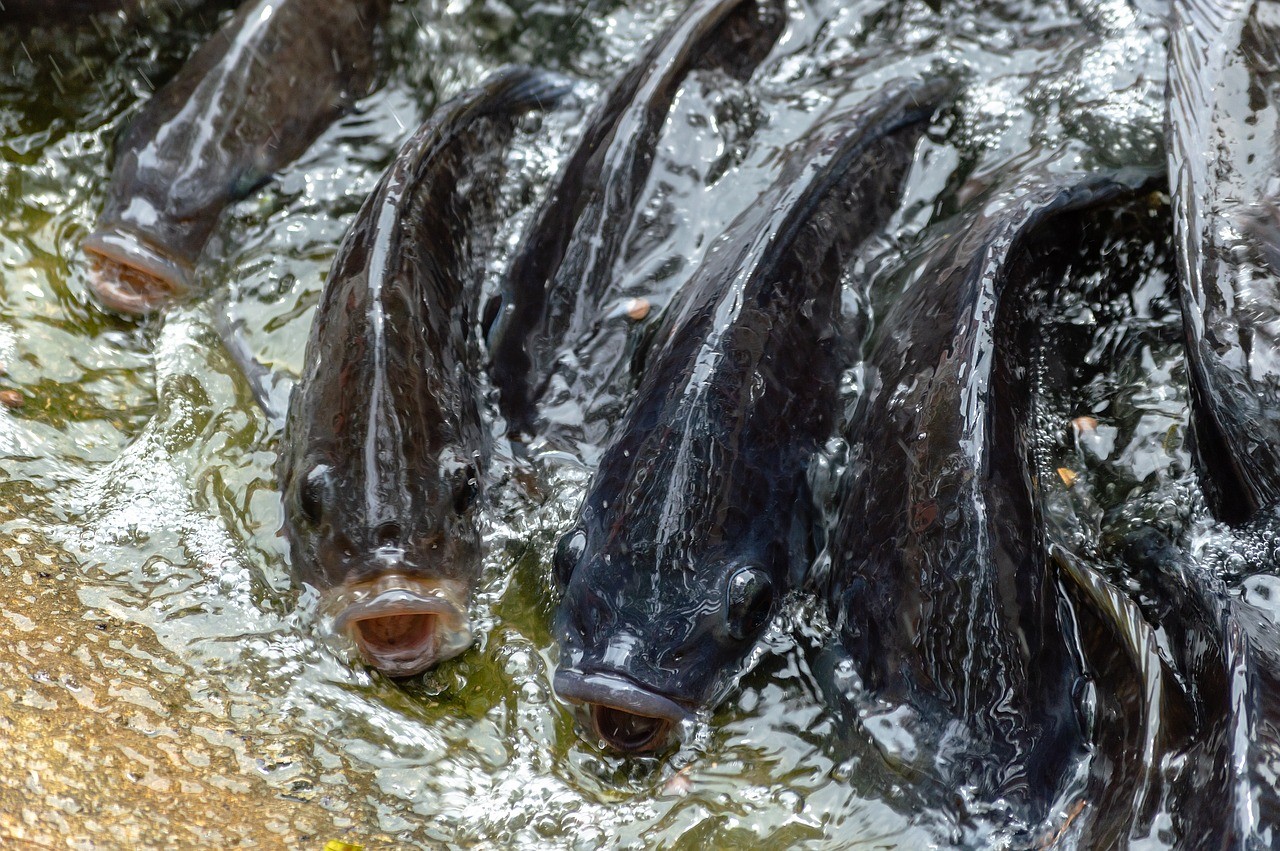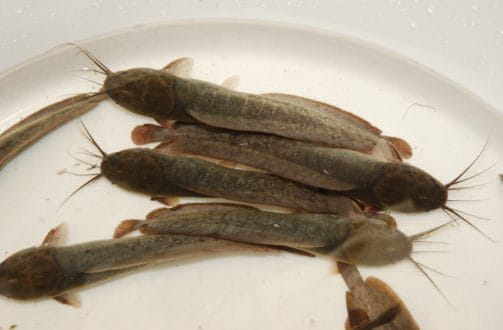Feeding goldfish in the appropriate way is significant because it will make them happy and live longer. These are some of the fish that should be well taken of. You should not overfeed them or put them in untreated water or even tap water. They may last for some days, and eventually, they will die.… Continue reading Feeding Goldfish The Healthy Way
Category: Aqua Business
Dive into profitable aqua business ideas. Explore aquaculture trends and strategies for success in the booming seafood industry.
Tips for Regulating Fish Tank Water Temperature
Temperature control is essential for aquarium fish to keep them comfortable and healthy. While most fish can handle minor changes in water temperature, the same does not go for substantial fluctuations which could result in: Plant decay or algae growth that can influence the chemical balance in the aquarium. Excessive bacteria growth that could result… Continue reading Tips for Regulating Fish Tank Water Temperature
Tilapia Grow-out in Ponds
Known as the “aquatic chicken,” the TILAPIA is a poor man’s fish that grows fast and breeds easily in captivity. It is considered as one of the easiest fishes to culture. It is also relatively tolerant to a wide range of salinity & temperature levels. Moreover, farming tilapia requires minimal inputs. TECHNOLOGY PROFILE. The most… Continue reading Tilapia Grow-out in Ponds
Mudcrab (Alimango) Culture and Fattening
Why MANGROVE CRAB? Mangrove crabs (Scylla spp.) or mud crabs, locally known as “alimango,” inhabit muddy and sandy bottom in brackishwater and marine environments. They dig deep burrows in mangroves and soft substrates in shallow or intertidal waters. Widespread interest in Scylla species is increasing due to their demand both locally and internationally. Northern Mindanao,… Continue reading Mudcrab (Alimango) Culture and Fattening
Small-scale Milkfish Aquaculture Technologies
Why MILKFISH Milkfish (Chanos chanos) is a popular choice for aquaculture for several reasons, particularly in regions with suitable environmental conditions. Here are some reasons why milkfish is often selected for fish farming: Cultural and Culinary Significance: Milkfish is a staple in the diets of many cultures in Southeast Asia and the Pacific Islands. It… Continue reading Small-scale Milkfish Aquaculture Technologies
Greenwater Technology: A New Shrimp Culture Technique
Green water technology is a technique that cultures shrimps in water that is abundant in phytoplankton i.e. Chlorella, turning the water green hence, its name.
Seed Production of Asian Catfish
Asian Catfish, locally known as hito to Tagalogs, paltat to Ilocanos, pantat to Cebuanos and Ilonggos, and ito to Pampangeños, is one of the most important freshwater food fishes not only in the Philippines, but in the whole of Southeast Asia. Catfish culture requires less area, can tolerate poor water quality, as well as high… Continue reading Seed Production of Asian Catfish
Grow-out Culture of Giant Freshwater Prawn
Why GIANT FRESHWATER PRAWN? Giant freshwater prawns live in freshwater environments but berried females migrate downstream to brackishwater where the eggs hatch into larvae. The ideal salinity of brackishwater for larvae to survive is 12 ppt. These crustaceans are common in the tropical and sub-tropical waters of the Indo-Pacific region and are reported to grow… Continue reading Grow-out Culture of Giant Freshwater Prawn
Grouper Culture for Business
Grouper Raising Guide. Grouper Farming, Culturing Grouper. Grouper is easier to culture without the attendant disease problems with prudent pond management.
How to Raise Tilapia in the Backyard
How to Raise Tilapia in the Backyard. Tilapia Raising. Tilapia, one of the popular farmed fish in the world. Learn How to raise Tilapia easily- Tilapia raising.
Starting a Backyard Tilapia Production Business
Tilapia is the second most important freshwater food in the Philippines. The most important species is the Nile Tilapia (Tilapia Nolitica). Tilpia grows very fast and reaches marketable weight of at least 200 grams in less than six months. A backyard fishpond for tilapia will increase family income because it is a good quality food… Continue reading Starting a Backyard Tilapia Production Business
Grow-out Production of Asian Catfish
Why CATFISH? Catfish, Clarias spp. (hito, paltat, pantat, and ito locally) is one of the most important freshwater food fishes in Southeast Asia. Catfish farming does not require a large area, can thrive in poor water quality conditions, can be raised at high stocking densities using formulated diet, is not susceptible to diseases and less… Continue reading Grow-out Production of Asian Catfish

